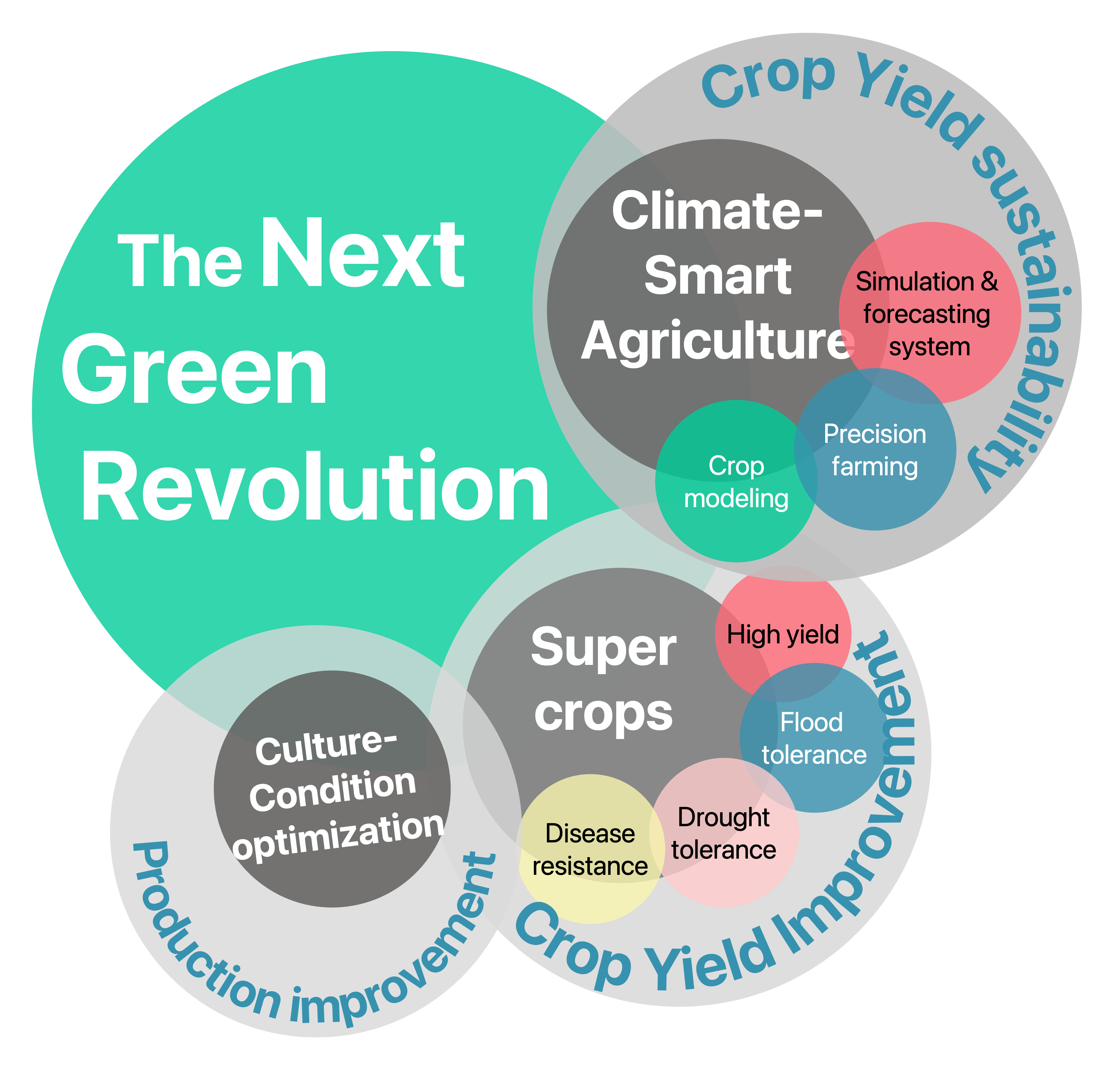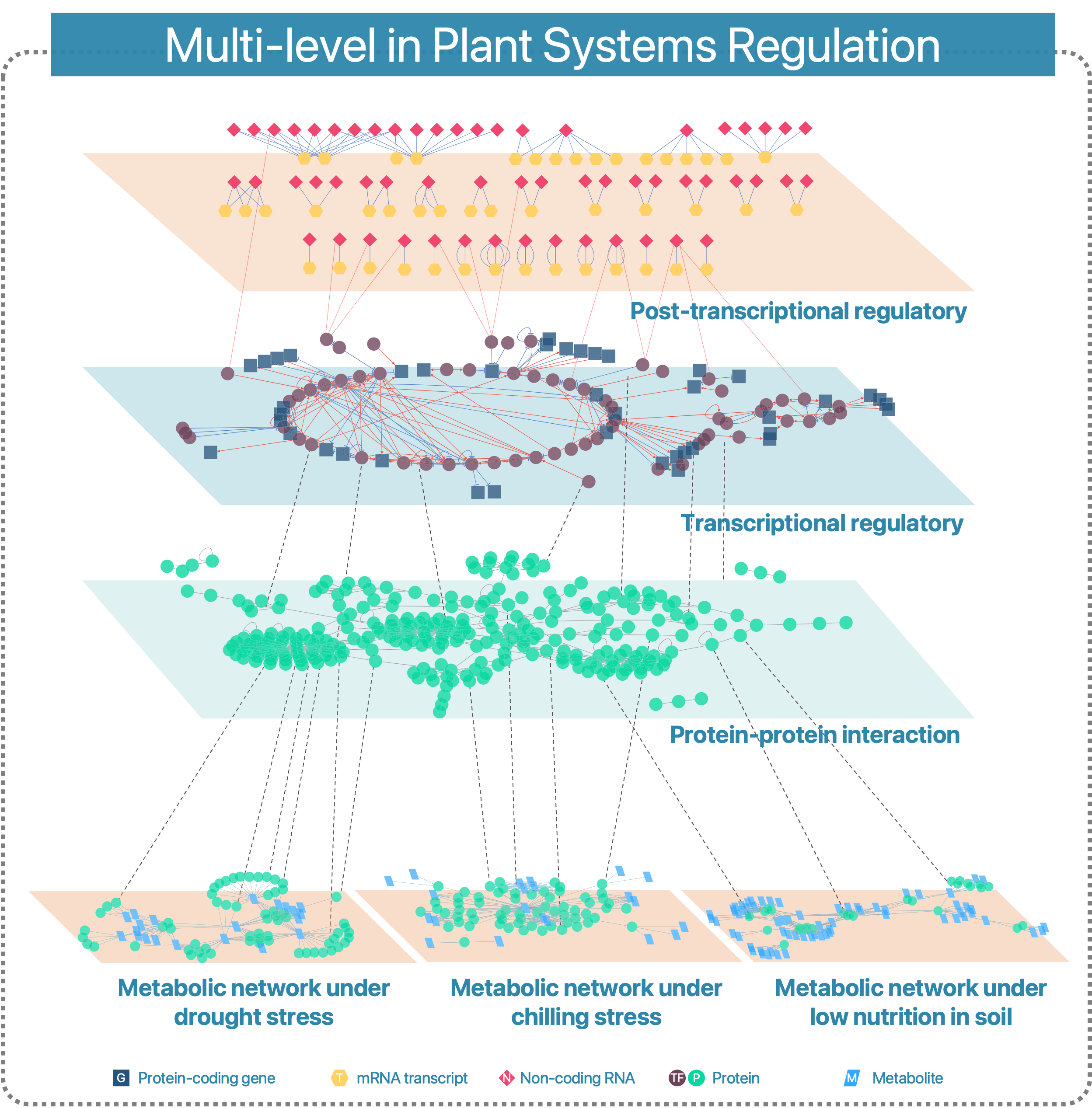Perspective
Research background and theme
Food security and green energy are becoming a popular research, because the world starts to concern about the unbalance of the dramatically increased human population and the current capacity of the natural resources. Cassava, which is a decade ago recognized as a cheap staple crop served as food for developing countries, is at the moment known as a crop of hope in both food and energy aspects. A niche of cassava underlying its significance lies on the capability to produce and accumulate huge amount of starch in the underground roots with respect to the other crops. Despite a high starch-content crop, the research on cassava mostly aims at an improvement of the yield of starch in storage roots. For Thailand, cassava is one of the most important crops. Cassava is mainly exported in forms of starch whose value is relatively low with respect to the other kinds of plant starch for example rice starch. In the regime of yield and properties of crop improvement, at the first stage, the researchers have put enormous afford on the growth condition and physiological studies to establish the optimal culture environment. Later, it has been believed that yield of starch relies very much on the genetics, so that breeding technique was introduced and played an important role in finding the better cassava strains. In 2009, the release of cassava genome moved the cassava research a step forward.
Here, to complement the regime of crop improvement, BML aims to utilize the fruitful data along with our experimental data to unwind the biological complexity underlying the phenotype of the living organism. Our laboratory investigates the regulation controlling the starch biosynthesis at all biological level from genomic data, and subsequently used it for kinetic modeling to study the dynamic regulation underlying the starch production process, including transcription, post-transcription, protein and metabolism, based on the network atlas (or pathway) of both individual level of regulation and the integral one.

Research interests
Discover how AstroWind's versatile template serves as the ideal solution for various use cases, providing tailored solutions to drive success.
Comparative analysis of genomic sequence:
- Reconstruction of the biological network for multi-level regulation of a cell: Gene regulatory network, post-transcriptional regulation network, metabolic network, and protein-protein interaction network
- Crop plant modeling: Plant cell development, phyto-product biosynthesis (especially starch biosynthesis in cassava), plant stress responses
Plant-pathogen interaction modeling
Theoretical biological modeling
Toy model simulation
Omics data analysis and integration
Our contributes
Current Projects
Provides resource for research communities
Collaboration
Domestic research partners
CASB works closely with researchers from diverse fields in many research alliances, which are comprised of domestic and international research partners.
